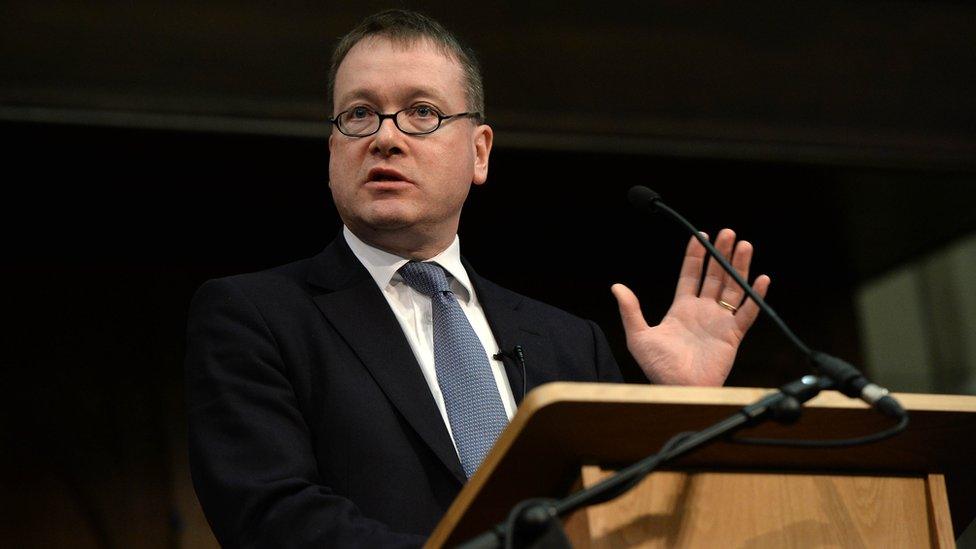Fatal foetal abnormality: David Ford to bring forward private members bill over issue
- Published
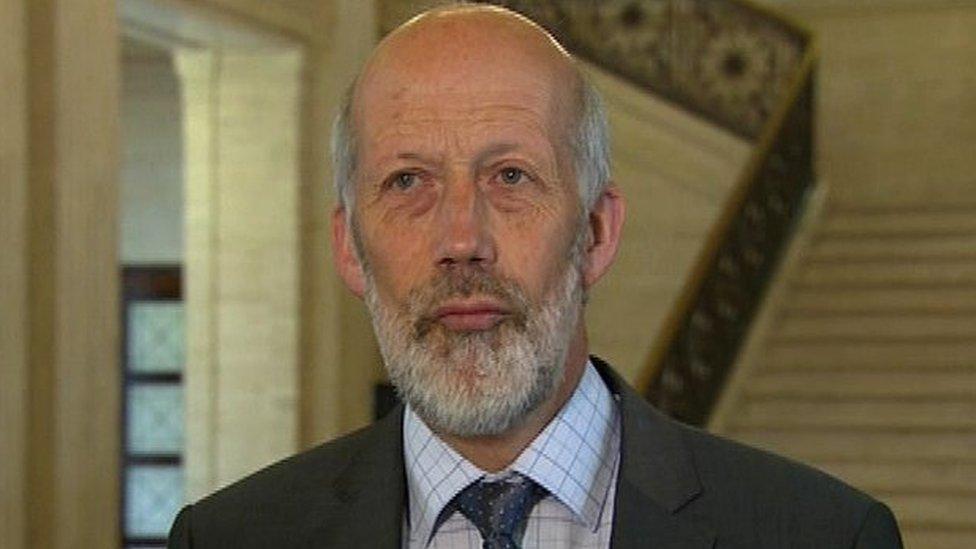
Mr Ford said women should be able to make their own choice on the issue
Former justice minister David Ford is to bring forward legislation at Stormont seeking to legalise abortion in cases of fatal foetal abnormalities.
Earlier this week, paediatric pathologist Dr Caroline Gannon resigned over interventions by the attorney general on the issue.
The law is currently being considered by the Court of Appeal.
The Alliance Party leader said women should be able to make their own choice on the matter.
He told BBC's The View programme: "What I want to do is exactly what I wanted to do as minister and was blocked by the executive."
Mr Ford said he wanted something "which would allow abortion in the case of a fatal foetal abnormality where two doctors certified no prospect of a viable life".
'Ill-defined'
The former SDLP MLA and barrister, Alban Maginness, told The View the issue should not be decided by politicians.
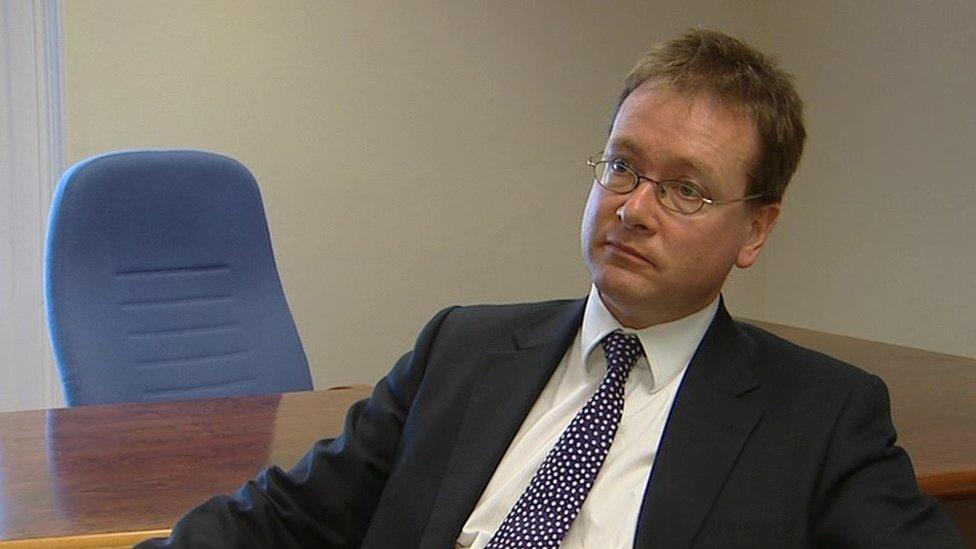
Northern Ireland's Attorney General John Larkin said the law on cases of fatal foetal abnormality is currently under consideration by the Court of Appeal
"In relation to fatal foetal abnormality, it is ill-defined and you cannot define it properly," he said.
"What you have to do in these circumstances is wait for the Court of Appeal's decision and see just exactly what the Court of Appeal is saying in relation to this whole issue."
A fatal foetal abnormality diagnosis means doctors believe an unborn child has a terminal condition and will die in the womb or shortly after birth.
Earlier this week, paediatric pathologist Dr Caroline Gannon resigned over interventions by Mr Larkin
Final straw
She investigated the deaths of babies including those in the womb or stillbirths.
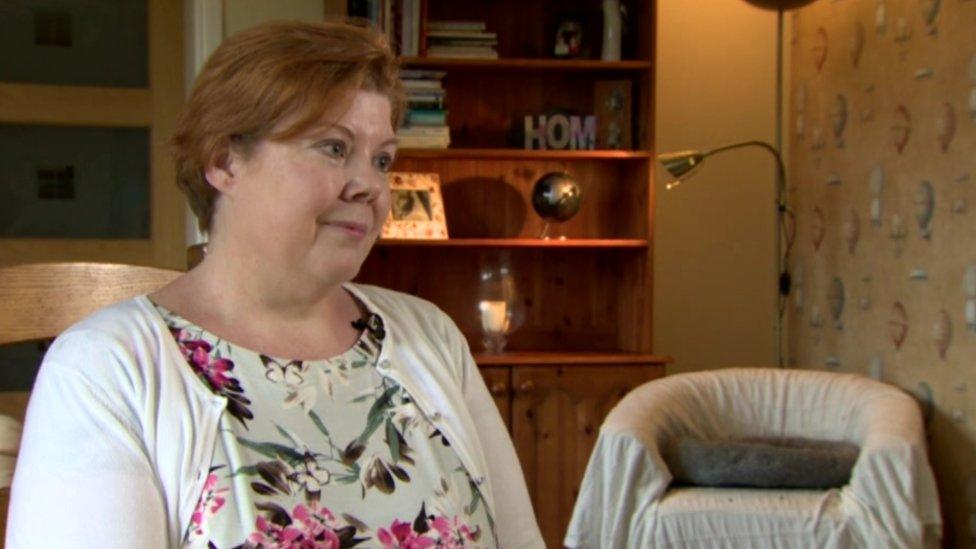
Dr Caroline Gannon said the recent interventions made her position 'untenable'
She said the final straw was having to advise a couple to use a picnic cooler bag to return their baby's remains to NI following an abortion in England.
Unlike other parts of the UK, the 1967 Abortion Act does not extend to Northern Ireland.
Currently, a termination is only permitted in Northern Ireland if a woman's life is at risk or if there is a risk of permanent and serious damage to her mental or physical health.
In February, MLAs voted against legalising abortion in cases of fatal foetal abnormality.
Politicians have been lobbied to reform the law since 2013, when Northern Ireland woman Sarah Ewart spoke out about having to travel to Great Britain for an abortion after she was told she was carrying a baby that had no chance of survival.
- Published15 September 2016
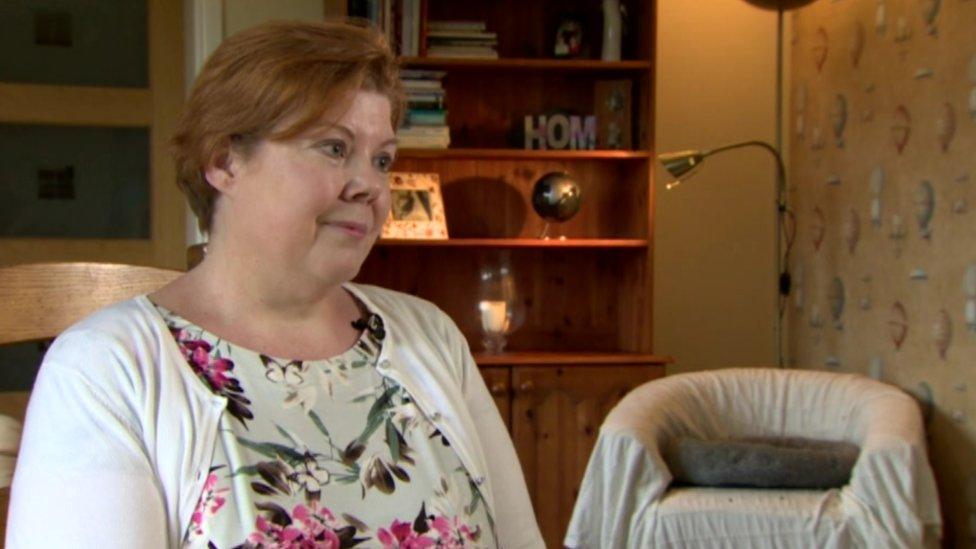
- Published14 September 2016

- Published11 February 2016

- Published27 July 2016
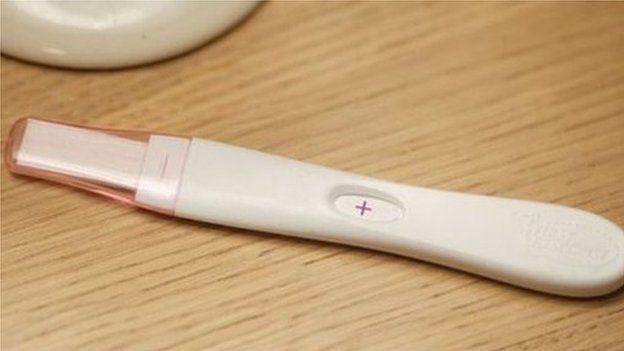
- Published8 April 2016

- Published10 February 2016
